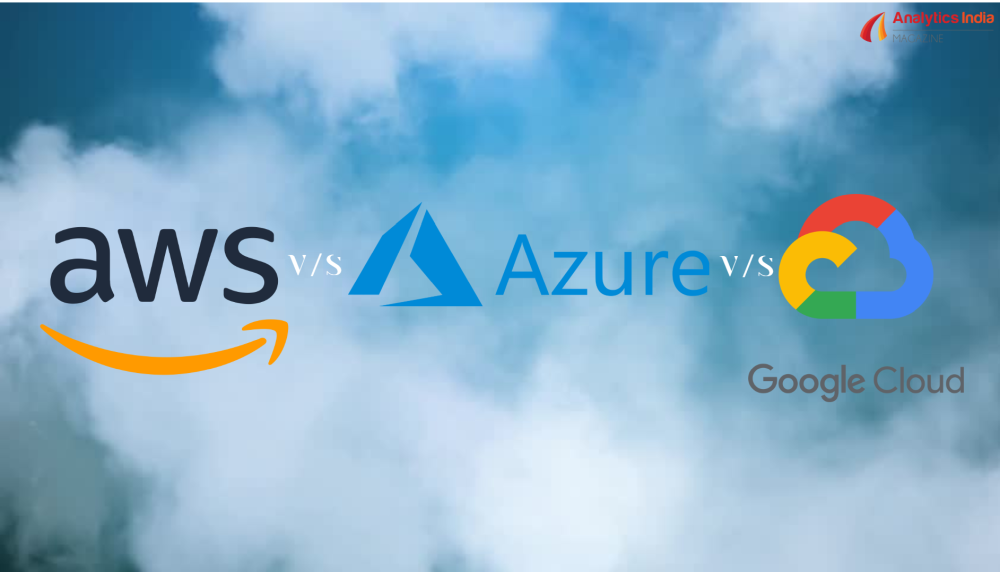While GPT-5 falters and startups chase attention, the real power shift in artificial intelligence is taking place in the cloud. Microsoft, Google, and Amazon are consolidating dominance not by unveiling flashy new models but by controlling the infrastructure that underpins the entire AI ecosystem. They provide the land and the shovels, while Nvidia remains the poster child of the gold rush.

Microsoft has seen Azure sales soar, with growth hitting nearly 40% in the last quarter. Beyond pure infrastructure, all three giants are investing in startups with the discipline of venture capitalists, yet they operate with far less scrutiny. Their offers come wrapped in enticing packages—credits, funding, and accelerator programs—that lure young companies into their orbit.

But once a startup steps inside, the freedom fades. Costly egress fees, contractual dependencies, and resource lock-ins ensure that leaving becomes nearly impossible. Google, for instance, has leaned heavily on accelerators and equity-free funding to attract entrepreneurs, only to tie them into its infrastructure with subtle yet binding strings. This is not just business growth, it is a form of infrastructural capture that spans the globe.

If artificial intelligence is truly the next platform shift, Big Cloud is determined to make sure it owns the platform outright. Startups may dream of building the future, but without independence in compute, they remain tenants on land owned by Microsoft, Google, and Amazon. And tenants, as history shows, rarely get to make the rules.

#AI #CloudComputing #Microsoft #Google #Amazon #Startups #BigTech #ArtificialIntelligence #TechDominance #Infrastructure
